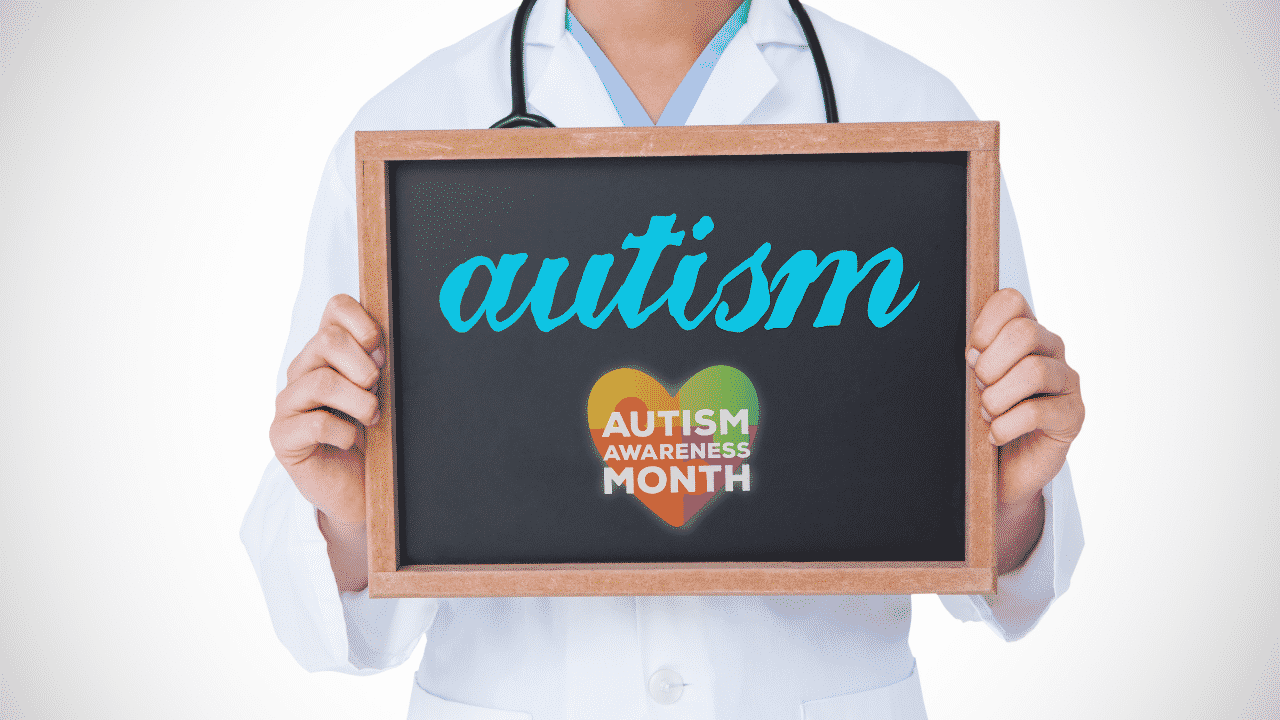Over 75% of adults with developmental disabilities live at home with family. There is a growing population of aging caregivers of adults with developmental disabilities, in part due to increased lifespan and extensive waiting lists for residential services (The Arc Autism Now).
In honor of World Autism Day, we’re providing tips to aging caregivers who are caring for adults with autism or other Intellectual or Developmental Disabilities (IDDs). Here are 7 topics to consider planning and preparing for as you provide care to adults with disabilities.
1. Transportation
- Make a plan for how your loved one will attend social activities, supported work programs, community functions, etc.
- Contact your local Area Agency on Aging and ask to speak with a mobility counselor. Plug in your zip code and find your local Area Agency on aging here.
2. Housing options
- Make a plan for where your loved one will live and with whom they will live.
- Need help finding housing for your loved one? Contact your local Area Agency on Aging and ask to speak with a specialist in housing for people with special needs. Plug in your zip code and find your local Area Agency on aging here.
3. Financial security
- Make a plan for how finances will be managed and protected, consider learning more about:
- Social Security Disability benefits
- ABLE accounts for people with disabilities
- Establishing a Special Needs Trust
- To find an attorney who can help with a Special Needs Trust, search through your local Bar Association by state, here.
4. Identify who will be the steward of resources for your loved one with special needs (e.g., guardian and/or conservator)
- If you do not have a family member, consider reaching out to a microboard. A microboard is a formalized “circle of support,” a non-profit corporation consisting of a small group of individuals who assist an individual with disabilities in creating and implementing a life plan. Google to find a microboard near you.
5. Social Needs:
- Planning for the social needs of your loved one is very important. It may help to write down the types of activities your loved one enjoys and which community programs they regularly participate in. Write the name of the program and contact information, as well as the contact information of points of contact within each program. For example: If your loved one is in a supported work program, write down the program’s name, contact, the agency where your loved one works, etc. Consider storing this information in multiple locations (e.g., with your loved one, with you your last will and testament, with a social worker who is assisting, in your loved one’s medical record, etc).
6. Your Own Mental Health Care
- Caring for an adult child with intellectual or developmental disabilities can add mental and physical stress to an older adult’s life, not to mention the emotional turmoil of planning for your adult child’s life without you. It’s essential that you attend to your own mental health needs as well. This may include having a community of support from friends and peers experiencing similar concerns at this stage in life, and it might also mean mental health care from a professional mental health provider.
7. Learn more about living with autism after 65 years old
- Indiana Resource Center for Autism article, Autism After 65: Making the Most of the Golden Years
- Autism Research Institute article, Aging in Autism: A Call to Action
- The Guardian article, We Need to know and Do More About Aging With Autism
References:
Want to learn more?
Learn more about the mental health needs of aging caregivers who are caring for adults with disabilities in this podcast episode with Lois Shingler, click here



